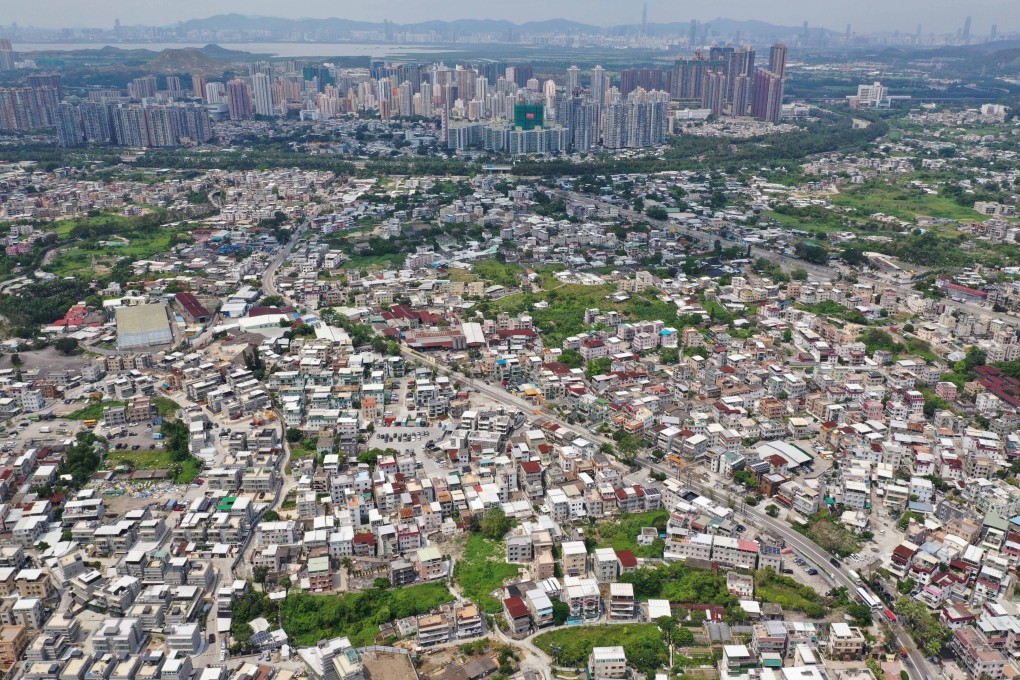Hong Kong’s small-house policy of ‘great importance’, deserves further scrutiny, court says
- Court of Appeal judges endorse bid against male indigenous villagers’ rights to build homes in New Territories
- Issue of ‘great general or public importance’ and should go to Court of Final Appeal

Three judges have endorsed an appeal to Hong Kong’s highest court against male indigenous villagers’ rights to build three-storey homes in the New Territories, after finding the entitlement involved “great general or public importance”.
In a judgment released by the judiciary on Thursday, the Court of Appeal agreed that the question of whether the so-called ding right granted to male indigenous villagers under the government’s small-house policy was constitutional deserved further scrutiny before the top judges.
“[The question] is plainly of great general or public importance which ought to be submitted to the Court of Final Appeal,” the ruling said.
Presided over by justices Jeremy Poon Shiu-chor, Johnson Lam Man-hon and Thomas Au Hing-cheung, the court also approved an application to appeal against its determination on issues about the general judicial review procedures.

The Court of First Instance delivered a landmark ruling in April 2019, when it handed a partial victory to Hong Kong’s male indigenous villagers, upholding their right to build three-storey homes in the New Territories, but ruling that the entitlement was constitutional only for private land.
The ruling had forced the government to suspend two village land projects, and put a 900-hectare reserve of rural land in limbo.